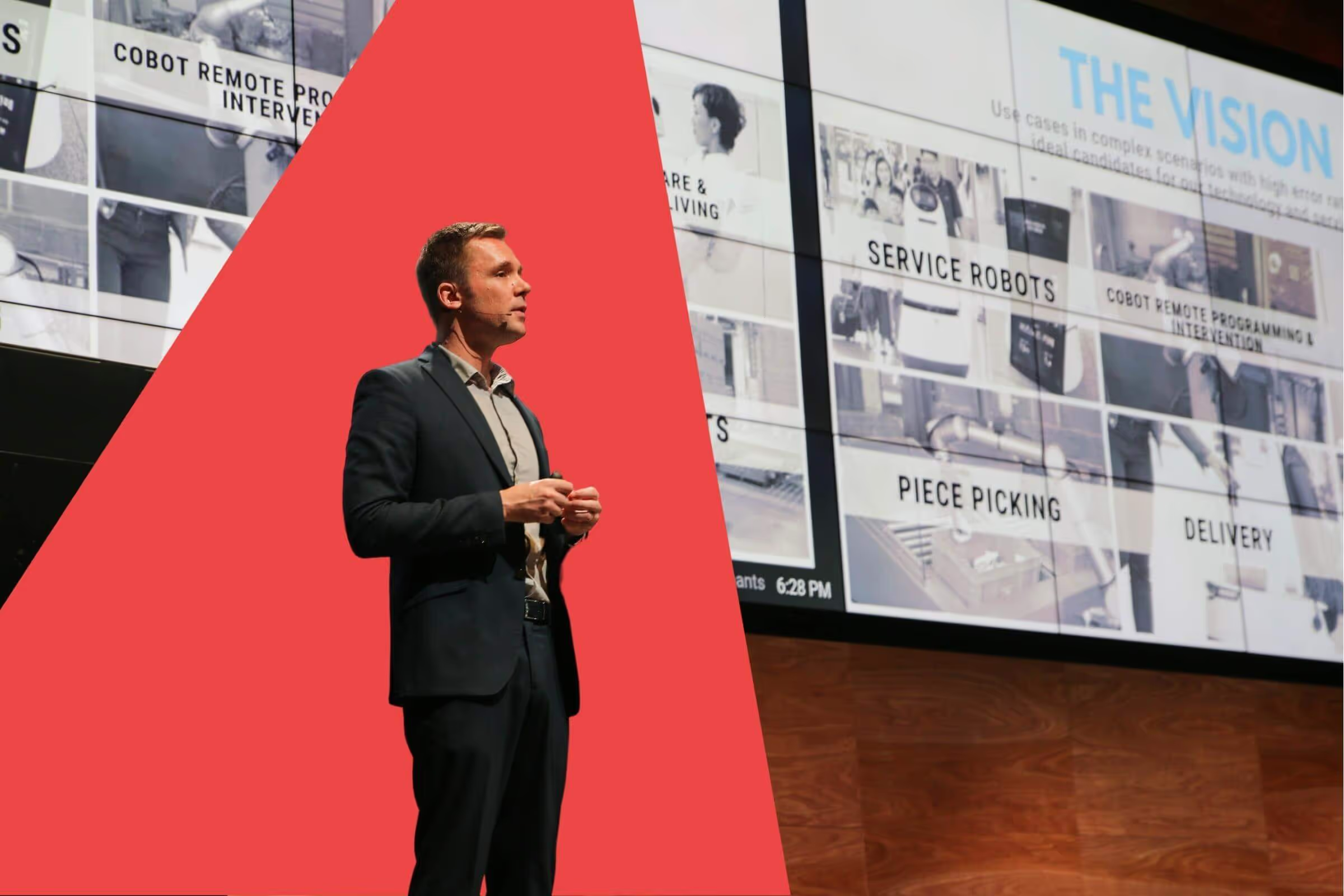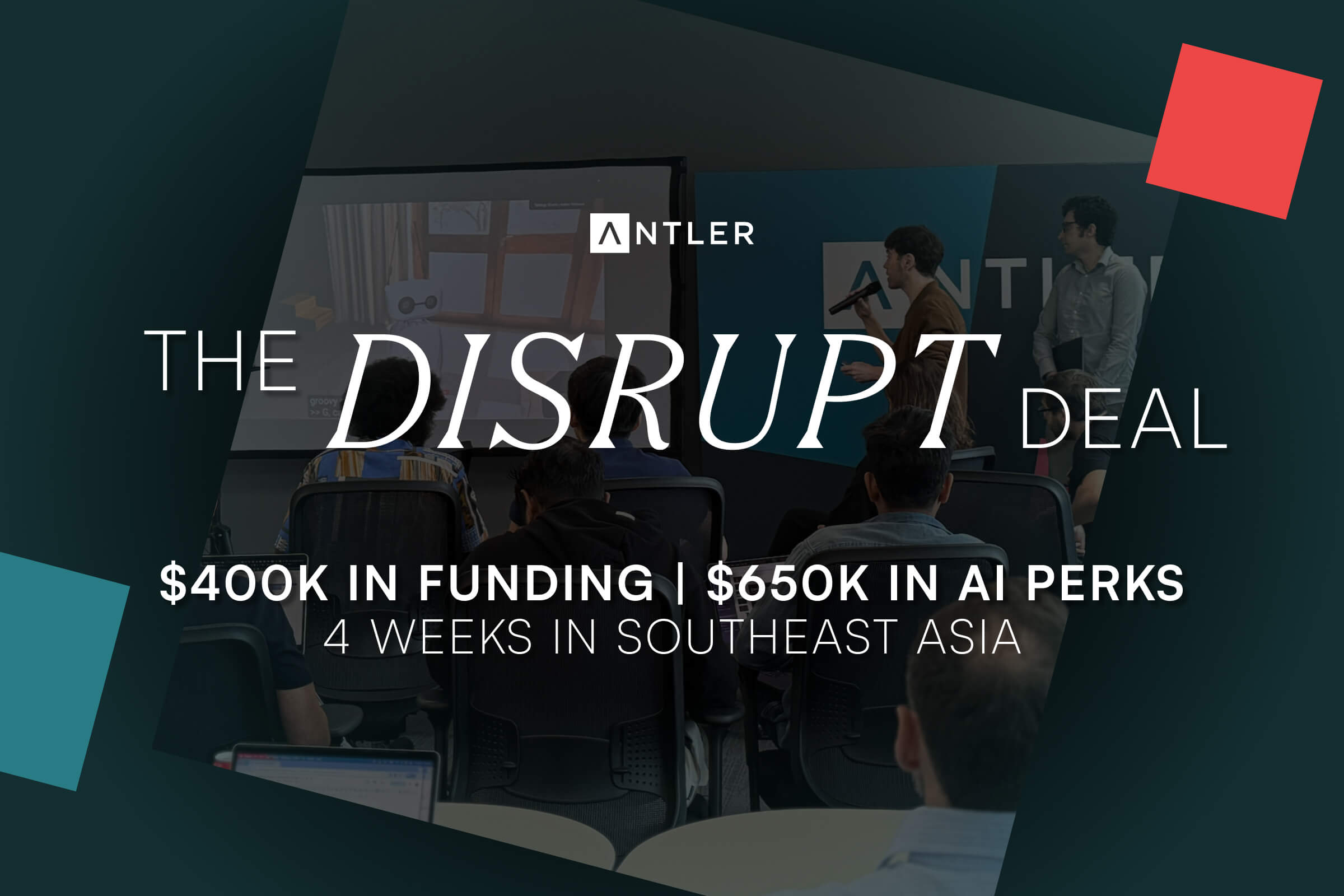The road to entrepreneurship is unique for each founder who takes it. For some there may be challenges, failures and pivots. For others there could be growth, scale and success.
Antler enables exceptional individuals to take the leap and launch their own entrepreneurial journey, and follows them along the way, supporting, guiding and encouraging them where needed.
We sat down with Michael M. Sayre, founder and CEO of Cognicept Systems. Sayre was an entrepreneur in the first program of Antler in Singapore.
Here's what inspired his team to create Cognicept and their journey of entrepreneurship.
Antler: What was the biggest motivation to create Cognicept?
Michael M. Sayre: Robots are not dexterous. Even if you have a minor amount of problems occurring, the impact is major - like an autonomous car. It can make small mistakes that have a large impact. One in a 1,000 chance is terrible. Having a human in the loop gives you the opportunity and flexibility to deploy sooner and focus on real pain points.
A: What is the value proposition of robotics?
MS: It's flexible technology. I can drop it in place of humans and achieve labour savings.
A: What are some of the challenges that you encountered while building your business?
MS: As a startup, you struggle with reputation because you are new and it's difficult to communicate trust. It's important to have the experienced people back you up and say the right things to make you stronger and bolster your claims.
A: With these challenges mentioned, what does it mean for product and product development in a B2B setting?
MS: It's important to define with the entity what pains them, what they want and what would add value to their business before you start to build anything. Always make sure that you are going in the right direction.
A: When fundraising for a B2B startup, how do you instil confidence in potential investors?
MS: There are a lot of technology companies that have no revenue and I like to remind investors that we are developing a technology product, so us actually having revenue is impressive.You also need to show that you are gaining client interest even though the product doesn't fully exist yet -- go to these entities and get LOIs.
Clients want to know that you will be around for at least a few months otherwise they won't use you. It's important that you get funding to show them that there is support for your business. They also care how much funding you have.
A: What was your biggest learning?
MS: It's important to make sure you are approaching a valid problem. A lot of people go into deep tech because they understand it and see ways to enhance it, but that doesn't coincide with a business value.
Another important thing is to catch the companies at the right time. There is a demand for what we are doing, but it's about timing. It's also about education and awareness. If companies know it exists, if they know this is an option, they will integrate it in their businesses.












